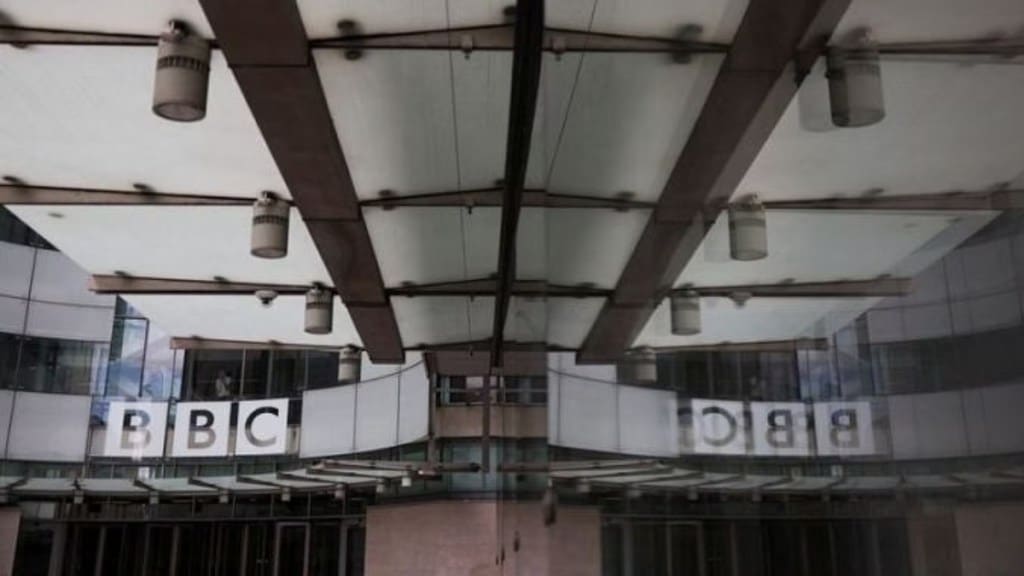In less than a year following questioning by income tax authorities for alleged violations, the BBC has taken the step of hiving off its newsroom in India, relinquishing its publishing licence to a private limited company established by its Indian employees. This move marks a significant development as it is the first time such an arrangement has been made by the public service broadcaster on a global scale, according to the Indian Express.
Effective from next week, operations will commence under the banner of a new entity named “Collective Newsroom,” founded by four former BBC employees. The India offices of this private limited company will be responsible for producing all Indian content across seven languages for the BBC’s digital services, including Hindi, Gujarati, Marathi, Punjabi, Tamil and Telugu.
BBC seeks 26% ownership stake in Indian pvt limited company
Reportedly, the BBC has submitted an application to the Indian government for a 26% ownership stake in this private limited company.
Rupa Jha, Chief Executive Officer of the Collective Newsroom and a former senior news editor at BBC India, expressed that it’s unprecedented for the BBC to authorise another entity for publishing, emphasising their commitment to maintaining journalistic integrity with full support from the BBC, as per Indian Express.
BBC’s India operations adapt to new FDI regulations
The restructuring of BBC’s operations in India was necessitated by new Foreign Direct Investment (FDI) regulations introduced in 2020, imposing a 26% FDI limit on India’s digital media sector. Previously, BBC India was predominantly owned by the UK-based broadcaster. However, with the introduction of the investment cap, entities exceeding the 26% FDI limit were required to adjust their foreign investment to comply with regulations by October 2021.
The BBC’s India bureau, consisting of approximately 200 employees, is its largest operation globally outside the United Kingdom (UK). However, recent events, including income tax searches following the broadcast of a documentary on the 2002 Gujarat riots and the implementation of new FDI rules, prompted a reassessment of its operations in India.

